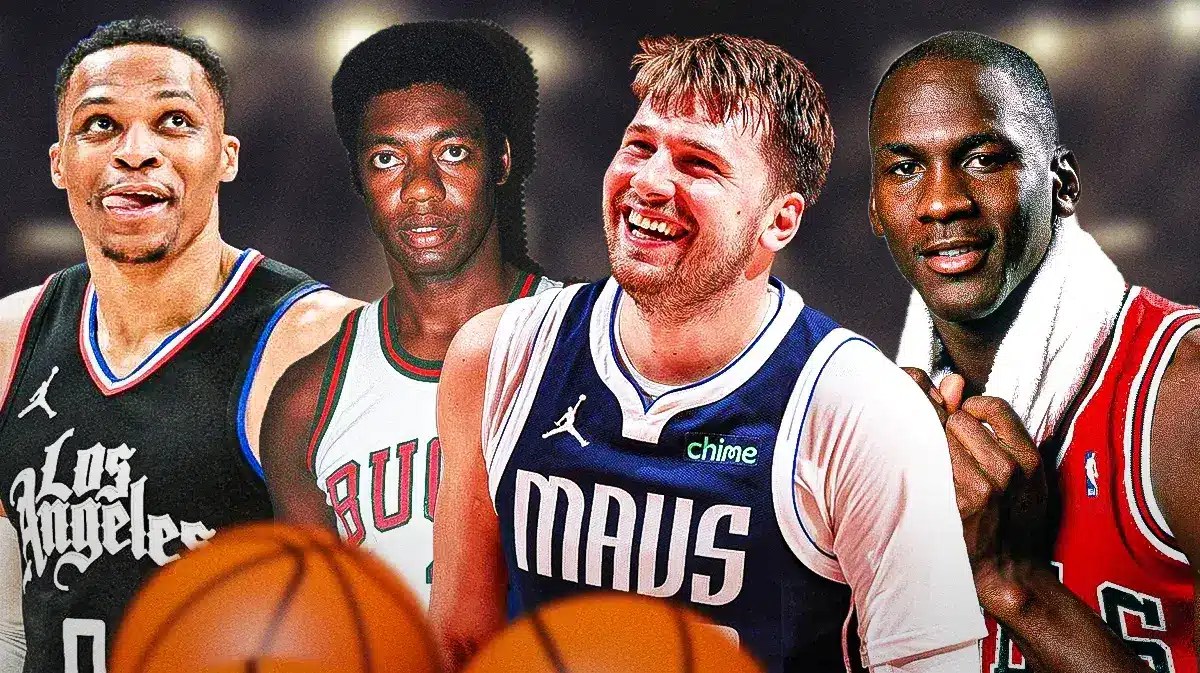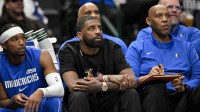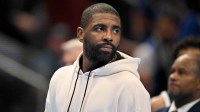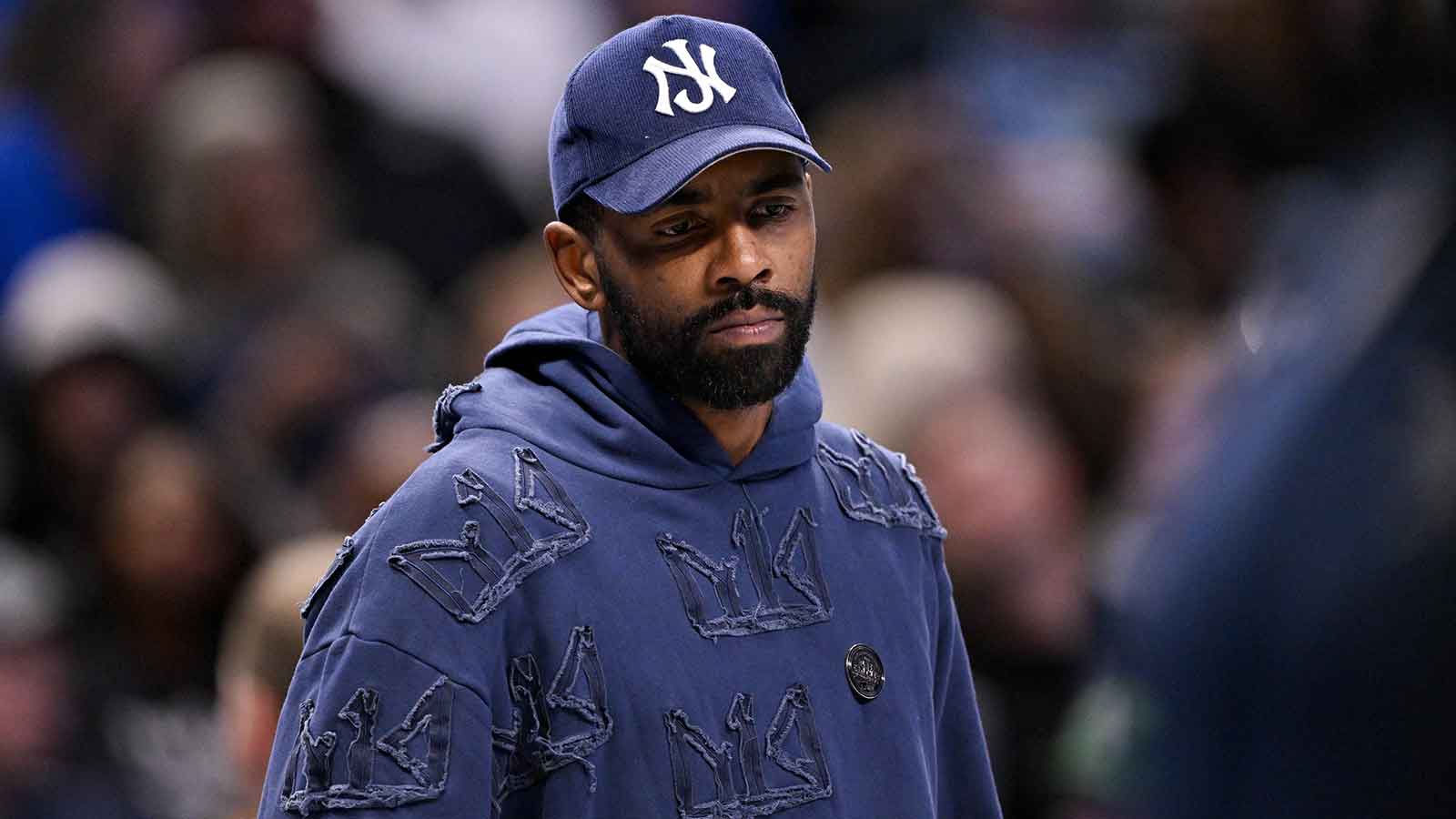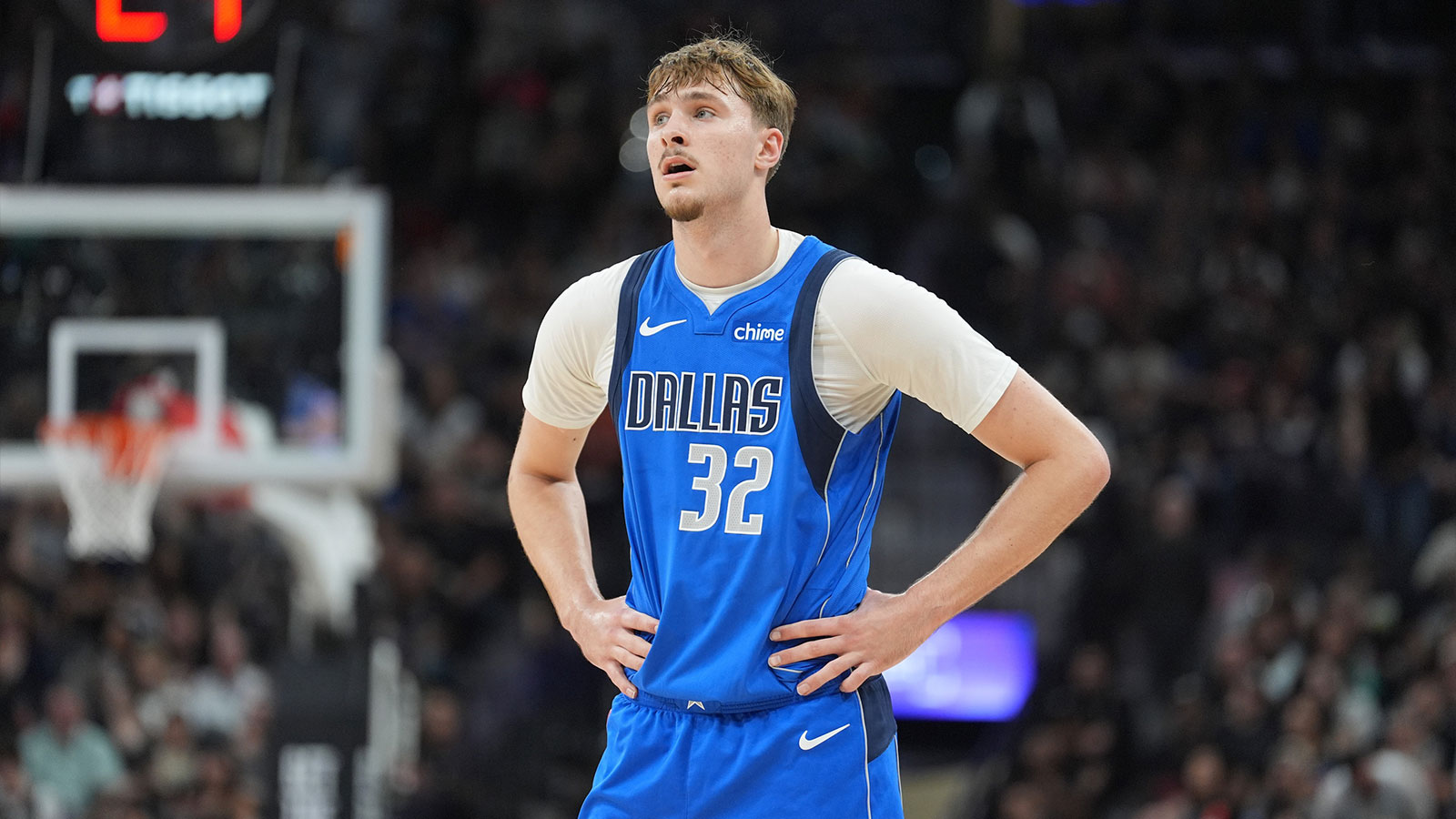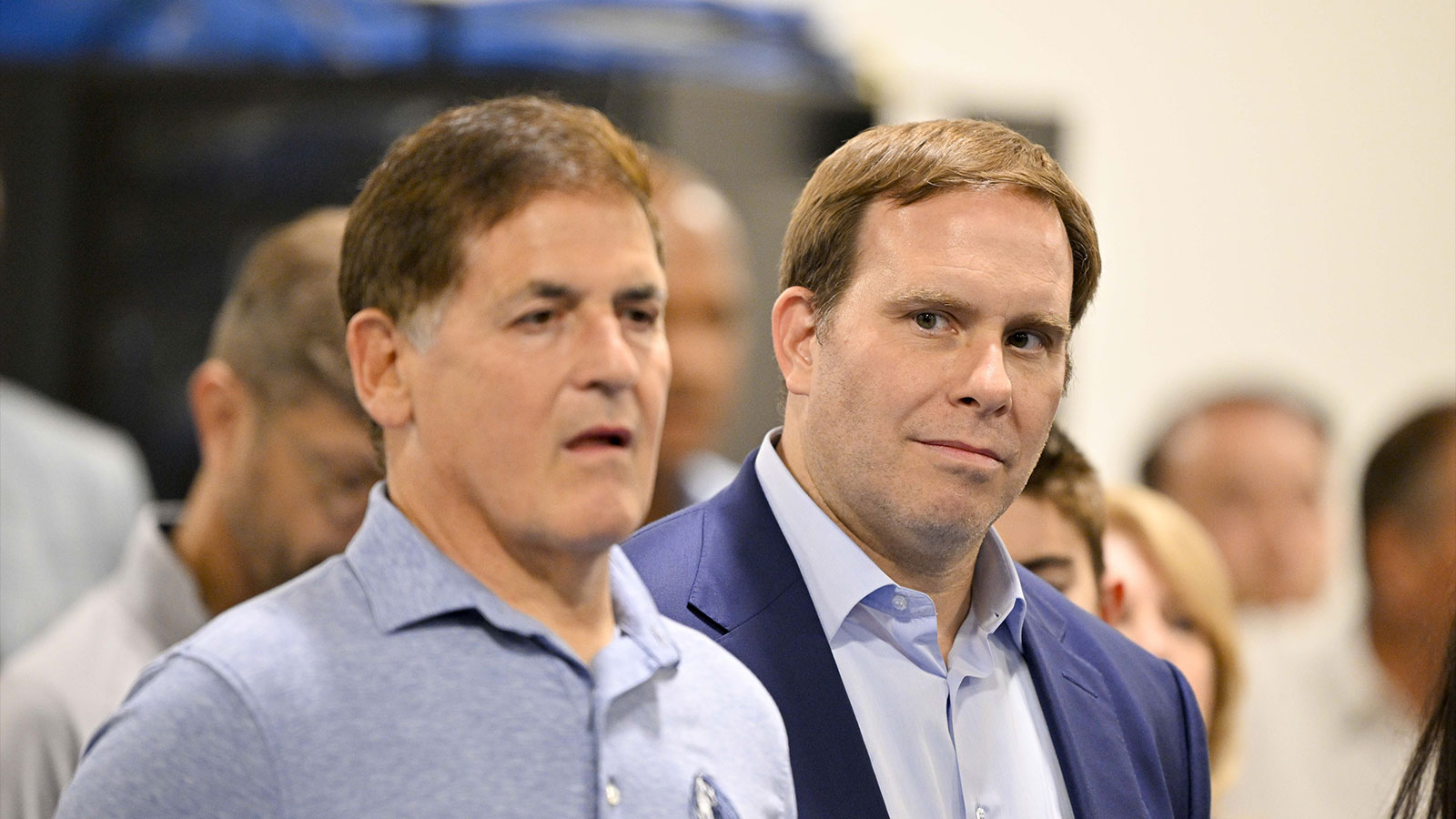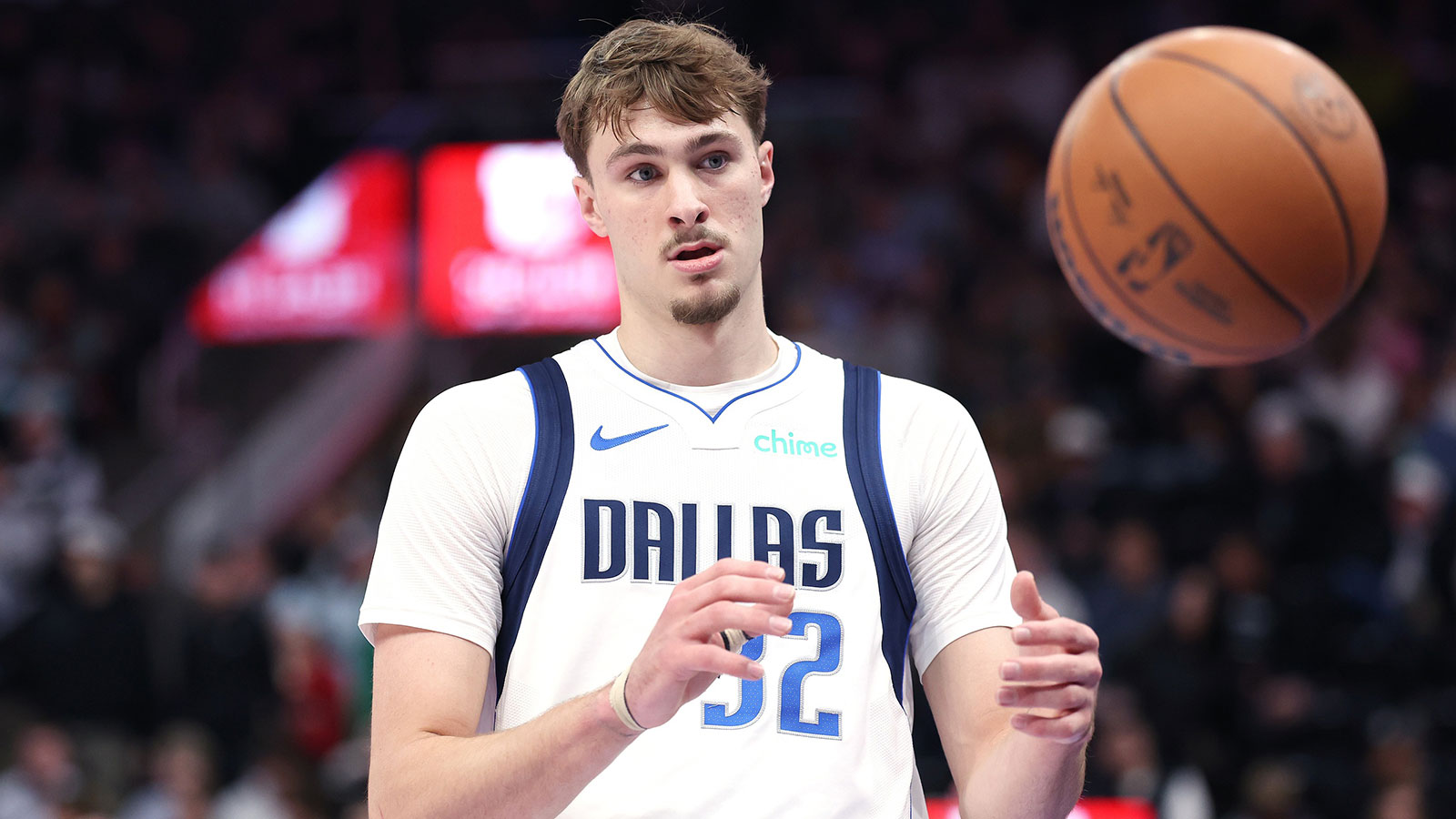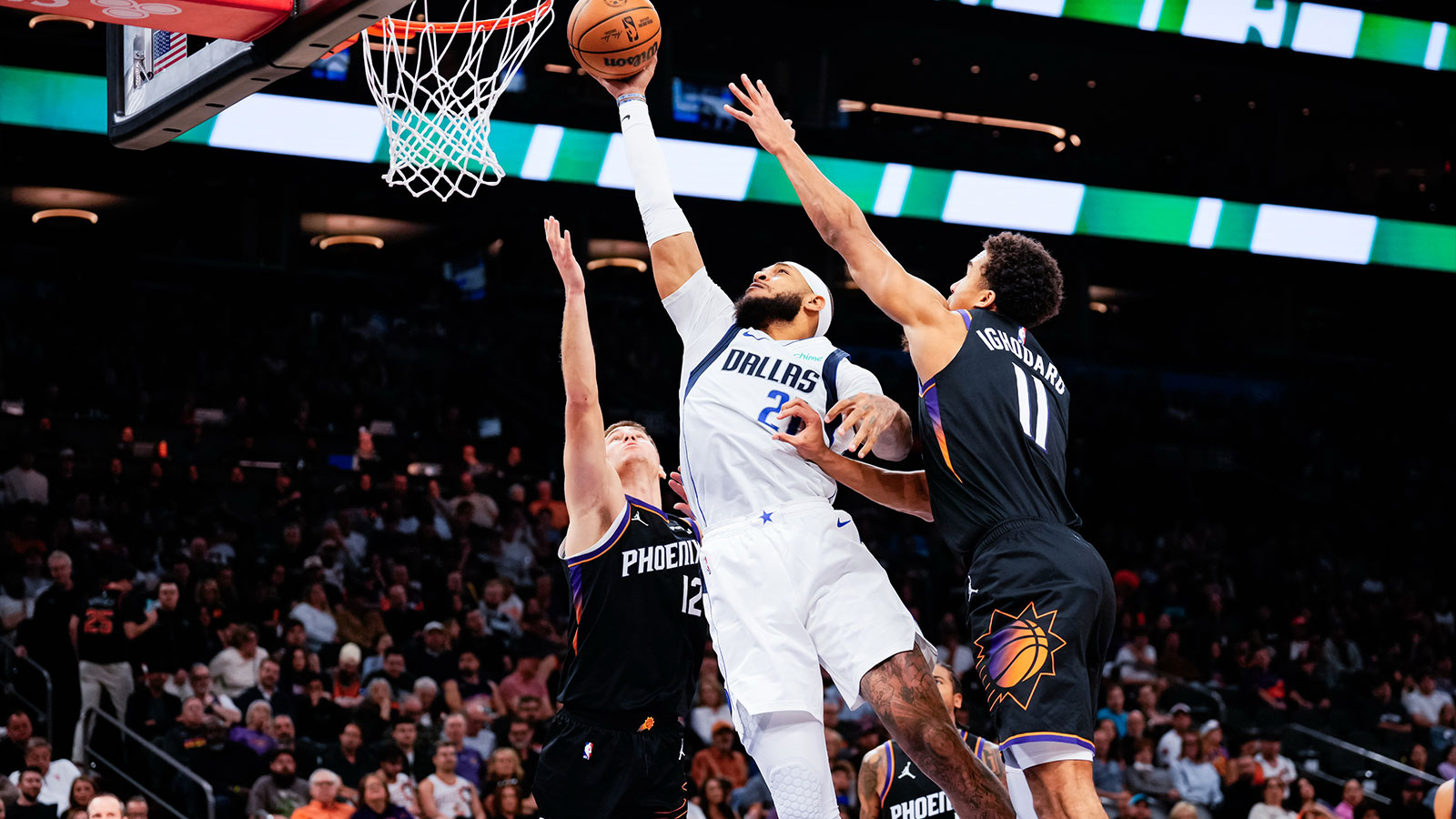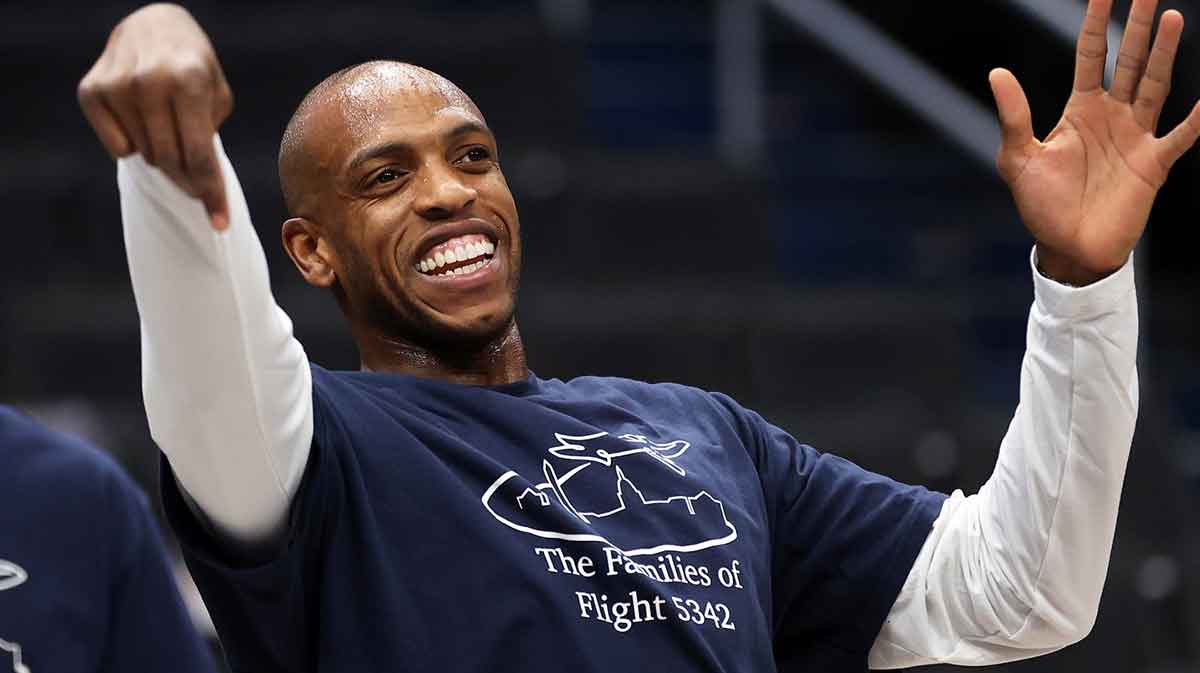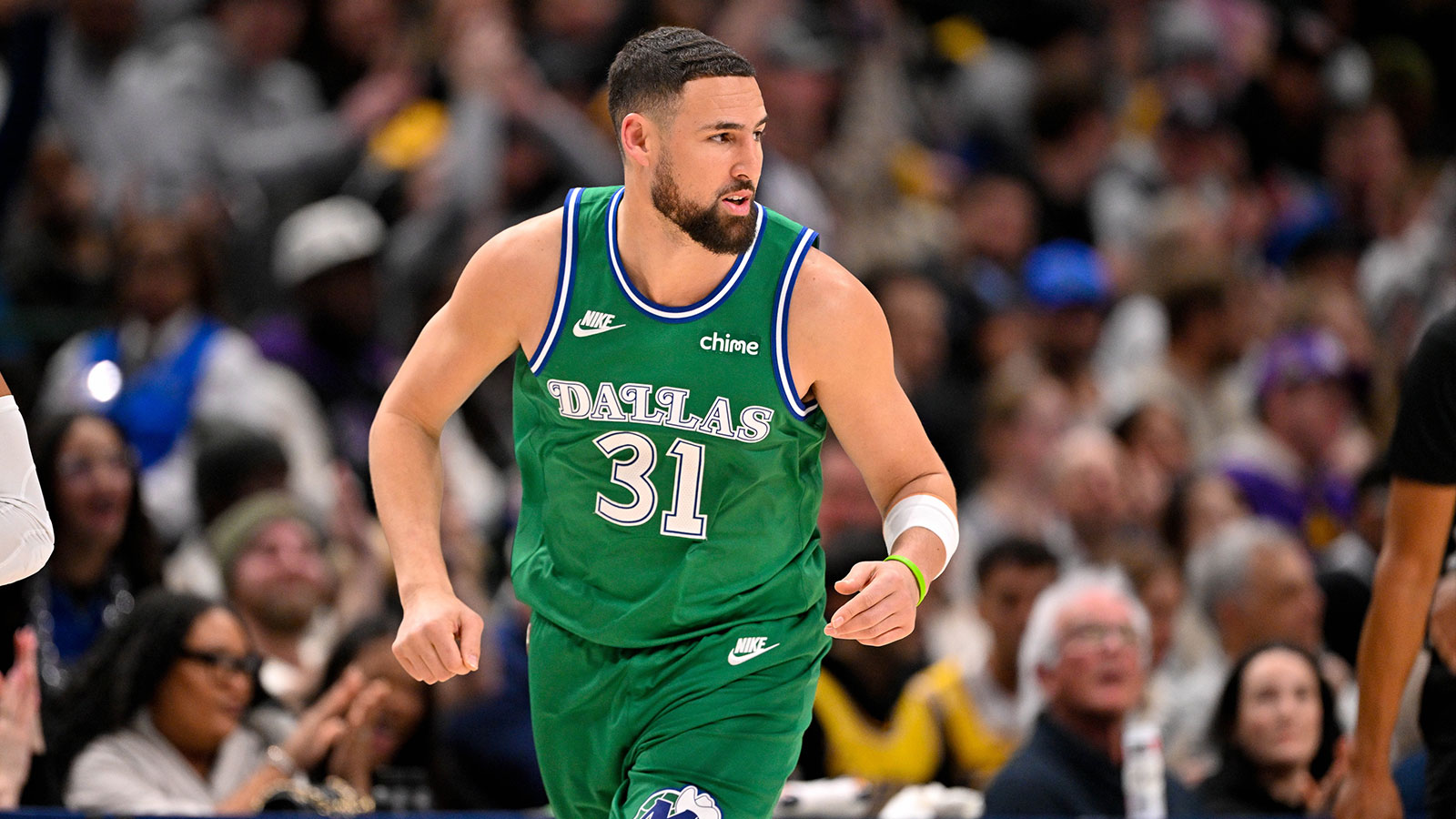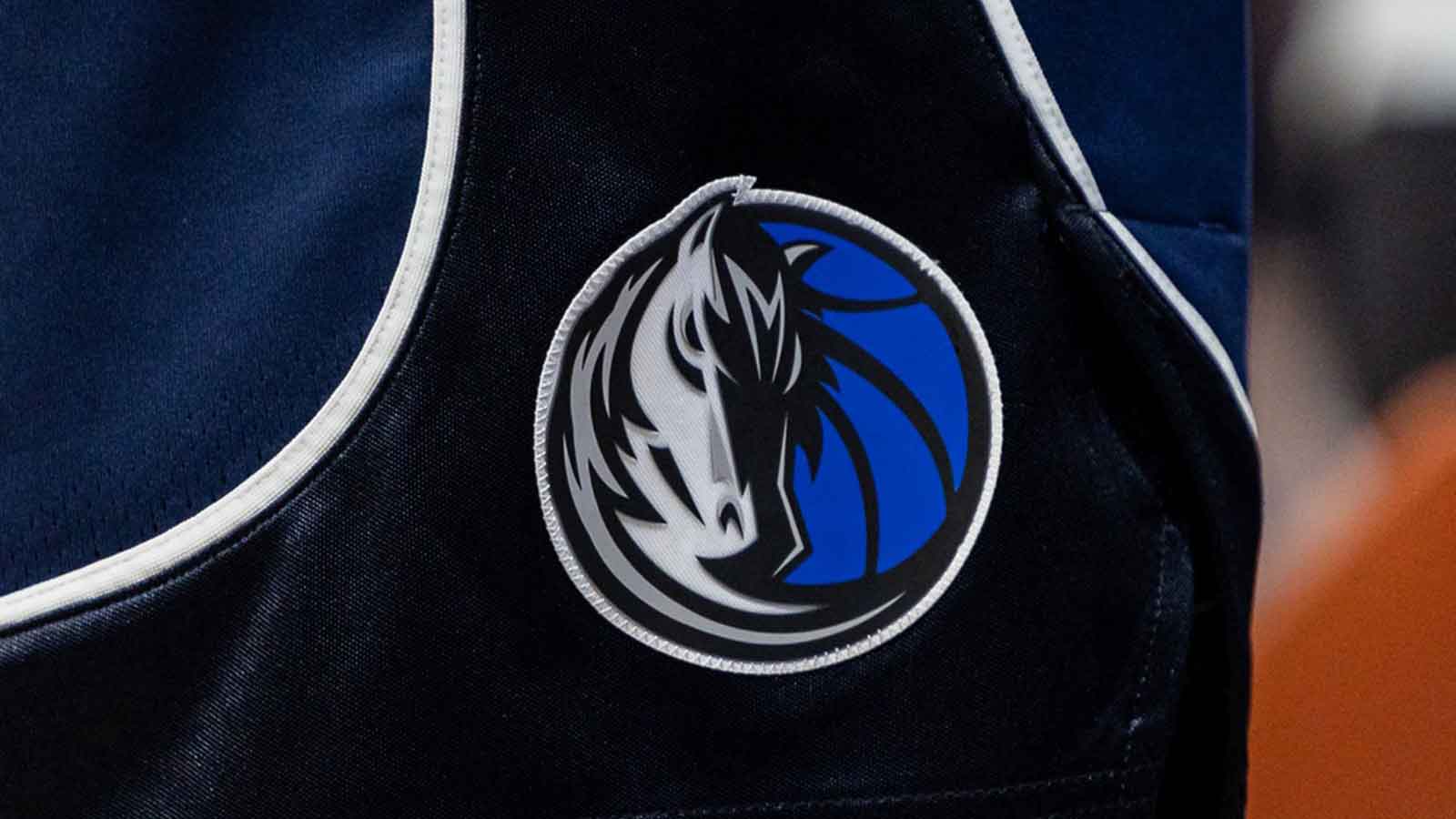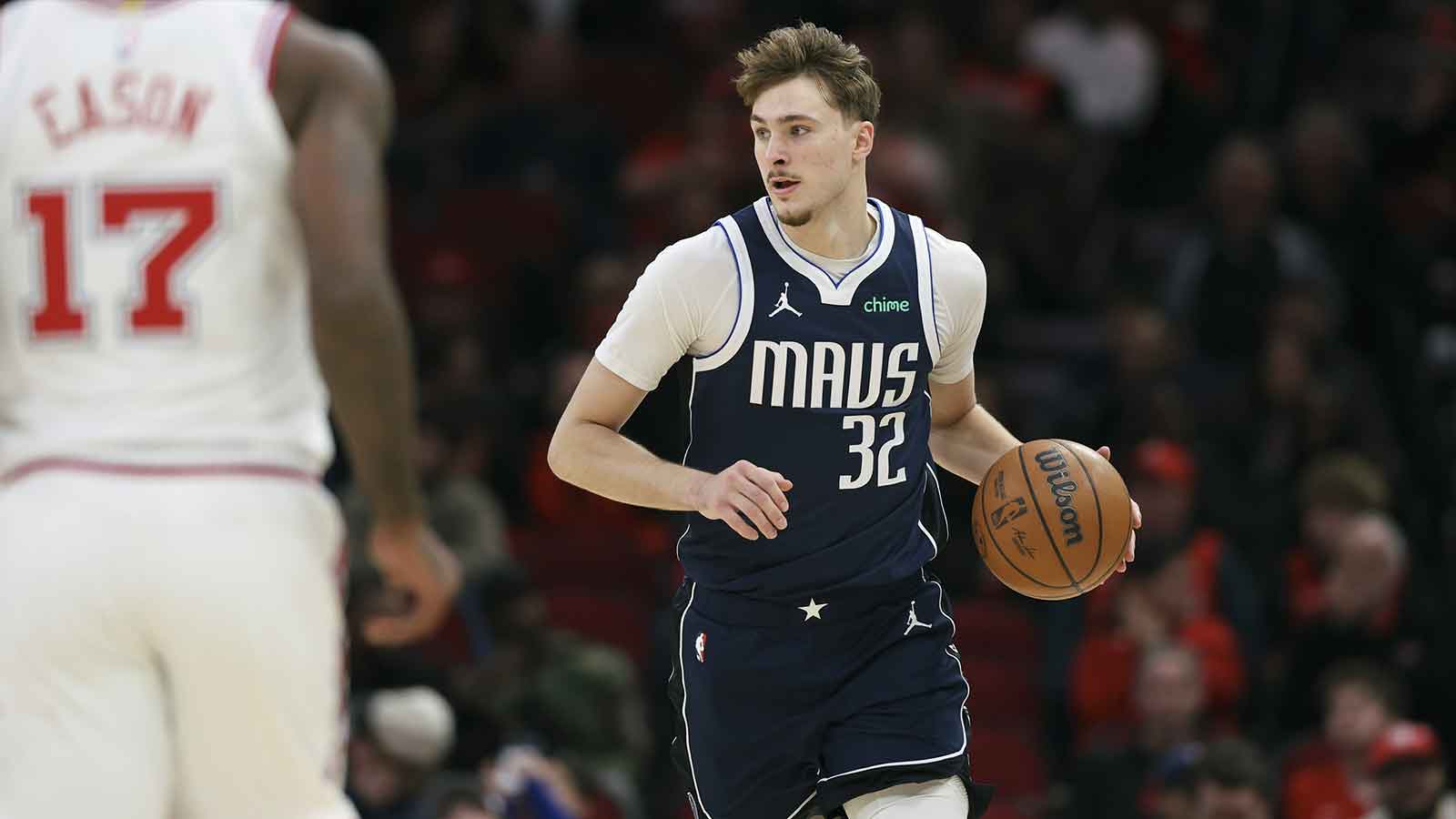In the NBA, achieving a triple-double in a game is a significant feat, showcasing a player's versatility and ability to impact the game in multiple facets. However, elevating this achievement to consecutive 30-point triple-doubles places a player in an elite and rarified category. Luka Doncic of the Dallas Mavericks has joined this exclusive club, putting his name alongside basketball legends Oscar Robertson, Michael Jordan, and Russell Westbrook. This accomplishment underscores Dončić's extraordinary talent and his crucial role in the Mavericks' lineup as a leader and a standout performer.
Doncic's entry into this exclusive group is a testament to his skill, determination, and basketball IQ. Achieving three straight 30-point triple-doubles is a feat that requires not just individual excellence but also an innate ability to read the game and make significant contributions across scoring, rebounding, and assists. The fact that Dončić has reached a milestone previously only achieved by players like Robertson, Jordan, and Westbrook—each of whom has left an indelible mark on the sport—speaks volumes about the trajectory of his career and his potential to be one of the game's all-time greats.
However, this remarkable achievement comes with a bittersweet twist for the Mavericks. Despite Doncic individual brilliance, the team has struggled to translate his performances into victories, losing two of the three games during this stretch. This discrepancy highlights a critical challenge for the Mavericks: building a supporting cast around Dončić that can capitalize on his performances and turn statistical achievements into consistent team success. The NBA is a league where the contribution of the entire team often determines the outcome of games, and even the most spectacular individual performances can be overshadowed by collective shortcomings.
The Mavericks' inability to secure wins despite Dončić's historic performances (combined with teammate Kyrie Irving's stellar play) raises questions about the team's depth, cohesion, and strategy. While Dončić's ability to dominate games is undisputed, basketball is ultimately a team sport where success is measured by wins and losses. The Mavericks will need to assess their roster, identify areas for improvement, and possibly make strategic adjustments or acquisitions to ensure that Dončić's talents are not just recognized in the record books but also reflected in the team's overall success.
Looking ahead, the Mavericks have a unique opportunity to build around a generational talent like Doncic. His performances are a clear signal of his capacity to lead the team, but they also underscore the urgency of complementing his skills with a strong supporting cast. The front office, coaching staff, and players will need to work in concert to create a conducive environment for winning, one that leverages Doncic's abilities to the fullest while also providing him with the necessary support on the court.
In conclusion, Luka Doncic's entry into an exclusive group of players with consecutive 30-point triple-doubles is a remarkable achievement that highlights his exceptional talent and impact on the game. However, the Mavericks' challenge lies in translating individual brilliance into team success. As the Mavericks navigate this journey, the focus will not only be on Doncic's statistical achievements but also on the team's ability to harness his talents towards achieving their ultimate goal: winning championships. The saga of Doncic and the Mavericks is a compelling narrative of individual greatness and the collective quest for success, emblematic of the highs and lows of professional basketball.

